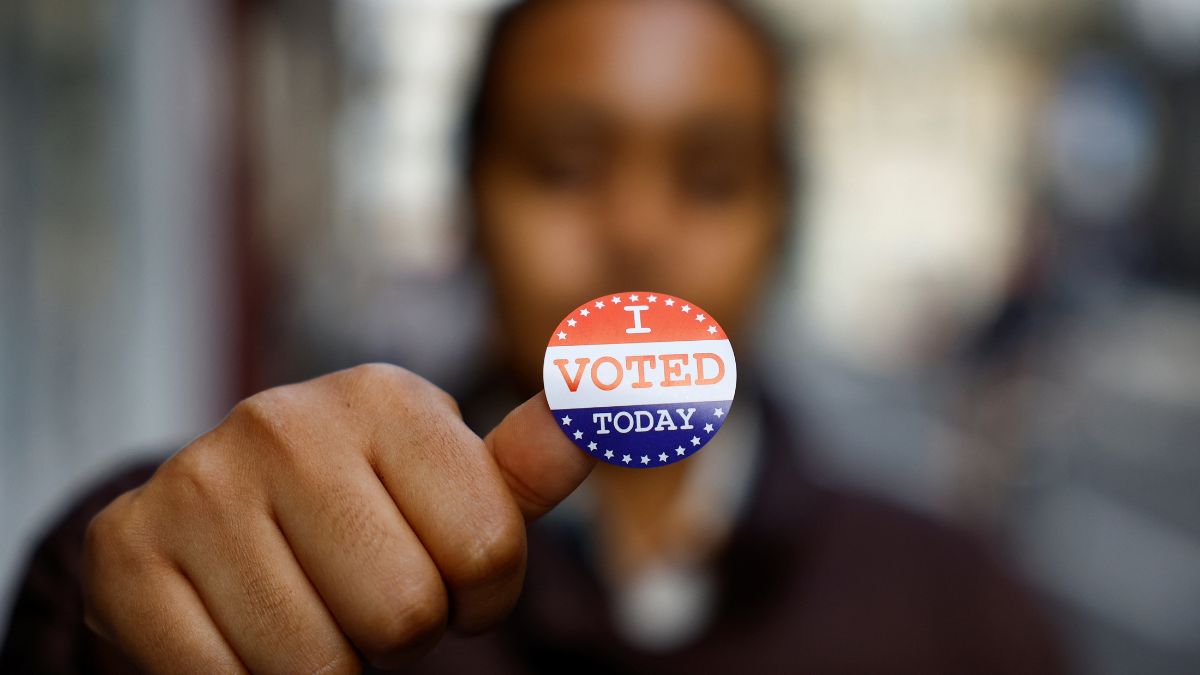) |
|
The inclusion of Bengali on New York City’s 2024 US presidential election ballots is a significant step towards inclusivity and accessibility in the electoral process. In a city renowned for its cultural diversity, where over 200 languages are spoken, the decision to include Bengali reflects the growing recognition of the importance of language access for minority communities. This move is not simply a symbolic gesture but a legal requirement stemming from a settlement in a lawsuit concerning language access for South Asian minorities.
The lawsuit, which arose under the 1965 Voting Rights Act, highlighted the need for language assistance to ensure full participation in the electoral process. The settlement mandated that within areas of sufficient population density, an Asian Indian language be provided on ballots. Through negotiation, Bengali was selected as the representative language. While Hindi is a widely spoken Indian language, New York City has a substantial Bengali-speaking population, primarily composed of residents from India and Bangladesh. The inclusion of Bengali is intended to make voting easier for Bengali-speaking residents who may not be fluent in English.
This decision has been met with positive reactions from the Bengali-speaking community, who see it as a step forward in their representation and inclusion. For many, the presence of Bengali on the ballot signifies a greater sense of belonging and a recognition of their cultural identity. The inclusion of Bengali also reinforces the city's commitment to serving the needs of its diverse population and promoting equal access to the voting process. This move is a testament to the evolving landscape of American democracy, where inclusivity and language access are increasingly recognized as essential components of fair and equitable elections.
Source: US presidential elections: Why does Bengali feature on New York's ballot paper?
